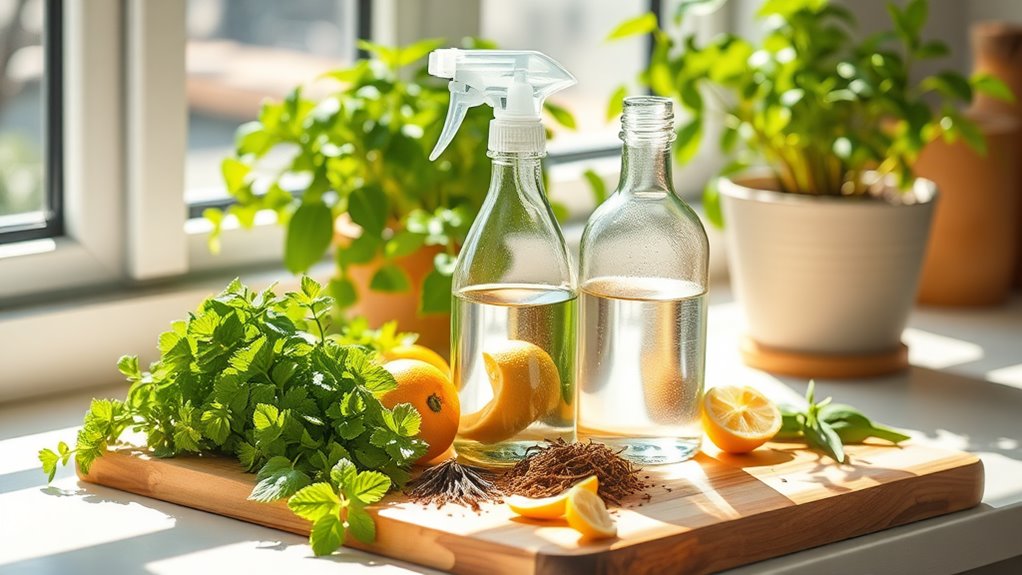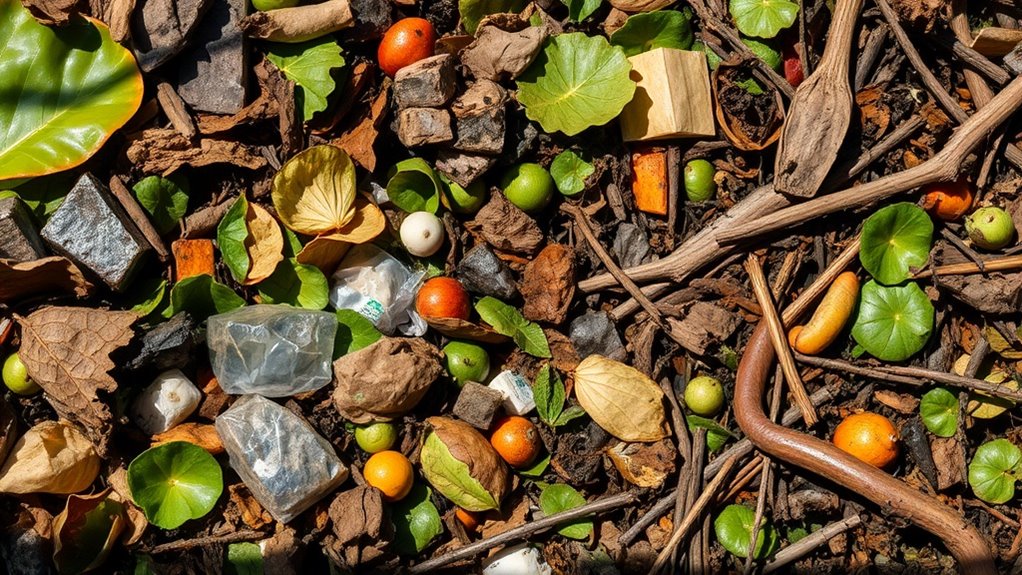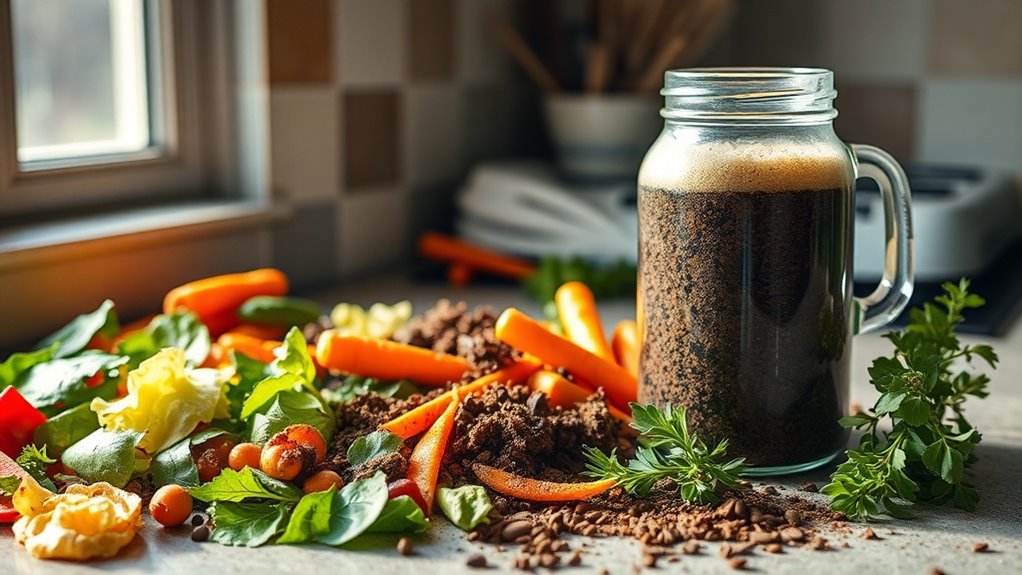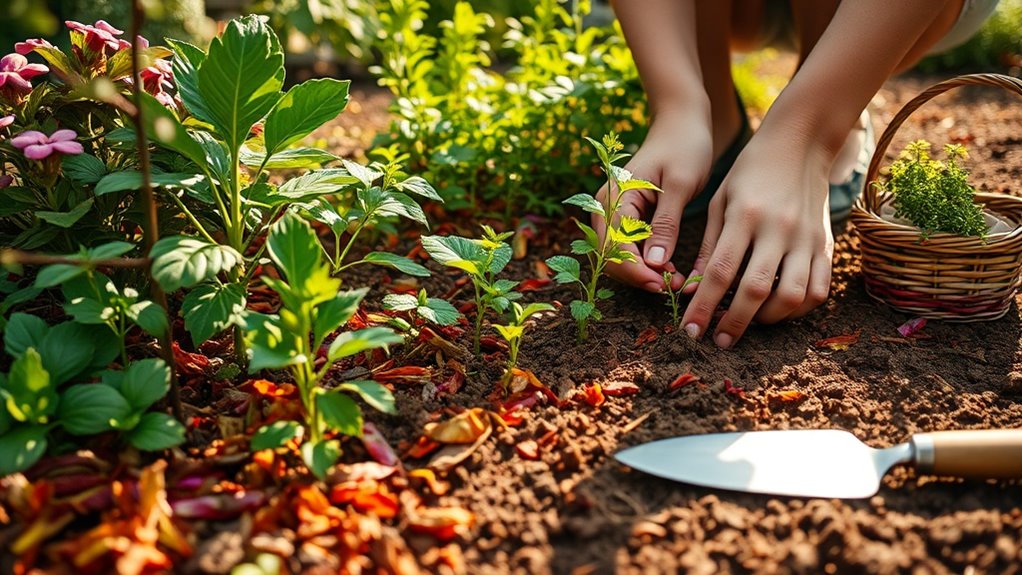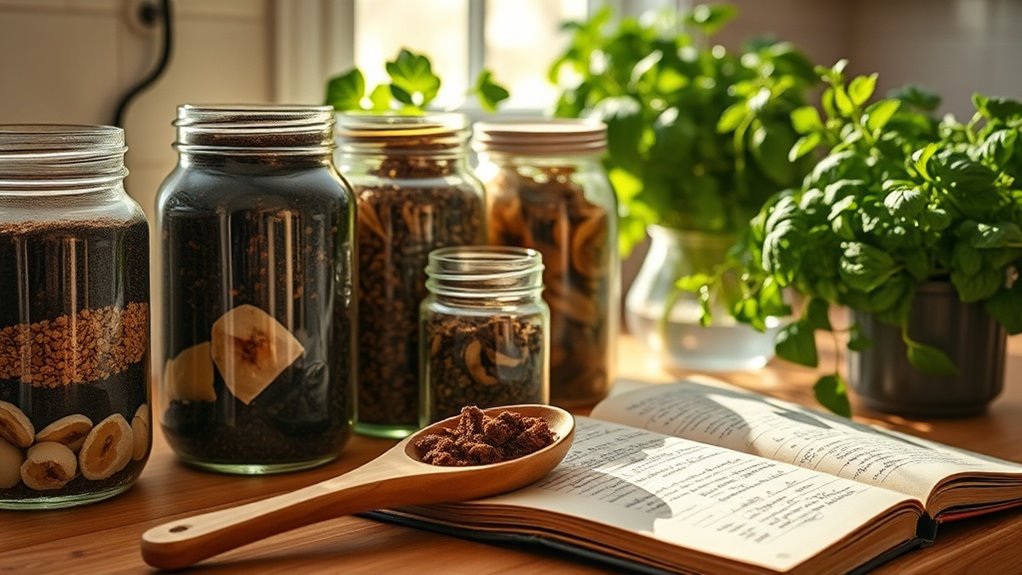This DIY Pest Control Works Better Than Store-Bought!
If you’re tired of ineffective store-bought pest solutions, consider the advantages of DIY pest control. Not only can you create sprays with simple, natural ingredients, but you also ensure the safety of your family and pets. These homemade remedies can be specifically designed for various pests while being eco-friendly. Curious about how to whip up your own effective pest spray and protect your garden sustainably? Let’s explore the essential ingredients next.
The Benefits of DIY Pest Control
When it comes to managing pest problems effectively, DIY pest control offers a range of benefits that can save you time and money. You can create your own homemade pest spray using common household ingredients, ensuring safety for your family and pets. Plus, you’ll gain a better understanding of your pest issues and have flexibility in adjusting your methods as needed. Additionally, utilizing a simple recipe for a DIY bug spray can provide an eco-friendly solution that benefits your garden.
Essential Ingredients for Homemade Pest Sprays
To create effective homemade pest sprays, you’ll need a few essential ingredients that are both common and effective in repelling unwanted insects. Here’s a quick overview:
| Ingredient | Purpose |
|---|---|
| Soap | Breaks down insect’s protective layer |
| Garlic | Natural repellent for many pests |
| Essential Oils | Powerful scents to deter bugs |
These ingredients blend well and offer potent, eco-friendly solutions for pest control. Additionally, using natural sprays can help maintain a healthy garden ecosystem while effectively repelling pests.
Recipes for Effective Pest Sprays
If you’re ready to take your homemade pest control efforts to the next level, creating effective pest sprays is key.
Combine one cup of water, two tablespoons of dish soap, and one tablespoon of vegetable oil for a simple yet powerful mix.
For a stronger option, try mixing one cup of vinegar with one cup of water.
These sprays can tackle various pests effectively! Additionally, using natural ingredients like vinegar can help create a safer environment for your kitchen.
Application Techniques for Maximum Effectiveness
Although homemade pest sprays can be effective, the way you apply them significantly impacts their success. For maximum effectiveness, focus on timing, coverage, and technique. Here’s a quick reference to help you:
| Technique | Best Time to Apply | Coverage Area |
|---|---|---|
| Spraying | Early morning/late evening | Entire infested area |
| Drenching | When soil is dry | Base of plants |
| Spot Treatment | As needed | Targeted areas |
Additionally, using a natural pest spray can enhance your results and help you maintain a bug-free environment.
Preventative Measures to Minimize Infestations
Effective pest control doesn’t just stop at treatment; it also involves taking steps to prevent infestations before they start.
Seal cracks in your home’s foundation and around windows. Keep food stored in airtight containers and clean spills promptly.
Regularly check for leaks and eliminate standing water. Maintaining a tidy yard and eliminating debris will also deter pests from invading your space. Additionally, incorporating eco-friendly methods such as companion planting can help protect your vegetables from pests naturally.

